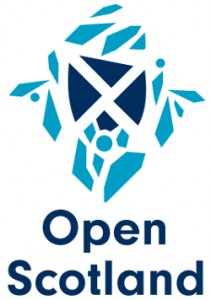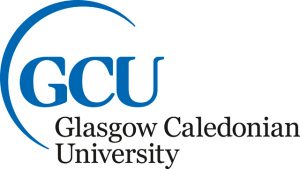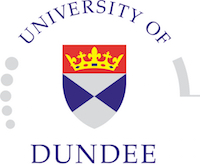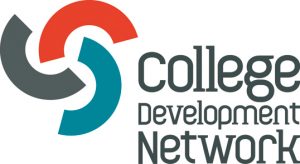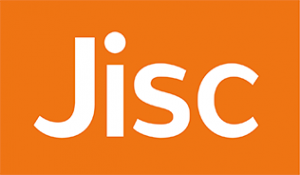Back in October 2019 when I signed up to contribute a post to the Open Scotland blog, I chose April 2020 as ‘my month’ rather arbitrarily. Back then, I certainly did not foresee the current state of global affairs or the impact a global pandemic would be having on education and society beyond.
In just a few weeks, campus closures and remote working/learning have become the new norm for many. As a result, diverse communities of staff in universities and colleges are being forced to learn together (and no doubt painfully in some cases) how to confront serious existential challenges such as maintaining teaching and research activity during this period of upheaval.
Fundamentally, the COVID-19 pandemic is an awesome reminder of the interconnectedness of individuals, communities, social institutions and of our fragile relationship with the planet itself. It may seem trivial to look for positives in a global health crisis that is claiming thousands of lives each day. However, there is evidence that a spirit of cooperation and reciprocity is being rekindled at all levels of society. Within this context, the principles of open educational and the work of groups like Open Scotland are arguably more important, and more relevant, now than ever before. Open principles have already played key roles in assisting higher and further education institutions to respond to COVID-19.
When faced with the considerable challenge of digitalising teaching, assessment and feedback activities, for example, many turned to Open Educational Resources (OER) in the form of books, journal articles, wikis and blogs for inspiration, support and guidance. Moreover, many have drawn heavily on OER to populate these newly-digitalised modules. This is certainly the case for the module and programme design teams that my colleagues and I support at Strathclyde. Open Data and Open Hardware Projects (including, for example, the sharing of blueprints for emergency ventilators) have also formed part of the research and public health response, which many educational institutions are contributing to admirably.
Furthermore, statements such as the following words of Professor Sir Anton Muscatelli, Chair of the Russell Group on 27th March 2020, are being echoed by senior colleagues across the world:
“Now more than ever it is crucial that the higher education sector works together and harnesses our resources in support of the national response to the COVID-19 public health emergency.”
On March 20th 2020, an earlier JISC statement on access to content praised a number of providers of digital content and software for their implementation of open educational principles:
“[We] have seen publishers, aggregators and suppliers of digital content and software come forward in offering a range of solutions to help institutions maintain their teaching and research activity during this time of crisis […] providing open access to research in support of coronavirus/COVID-19 and putting in place access options that remove limitations on use and users.”
It is likely that, when the dust settles, many in higher and further education will owe a considerable debt of gratitude to those who have championed open education for many years, even if they may remain unacquainted with the wider project. Yet, despite the role played by OER in recent weeks, questions remain about the receptivity of the ‘warp and weft’ of the academic community to participate fully in open educational practices, both now and beyond the current COVID-19 crisis. Many of the concerns introduced in relation to notions of care, and the questions of privilege, justice, equity, power and sustainability that were introduced during the OER20 Conference, will demand attention long into the future.
Jean Baptiste Alphonse Karr once wrote ‘plus ça change, plus c’est la même chose’ (the more things change the more they remain the same), and it will be interesting to observe how the spring of 2020 is remembered. As a decisive moment when a critical mass of educators and leaders in HE finally saw themselves as co-creators of an open society? Or as a period when many successfully leveraged others’ openness to their advantage?
As a member of this community, however, I believe that there are many reasons to be hopeful. The swift and widescale adoption of models of remote, distributed and online learning – however imperfect – mean that more and more academic staff are being forced to operate in an environment in which openness thrives naturally; the Web. Moreover, those who promote open education are also likely to be playing key roles in providing formal and informal peer support to colleagues who are at an earlier stage of their digital journey in teaching, research and knowledge exchange. In our actions and in our words, we can inculcate the idea that an open sharing of practice and resource is as much a part of online practice as, say, discussion forums and Trello boards.
If remote, distributed and online working and learning are indeed the ‘new norm’, let’s be upfront with our colleagues about the value of open educational principles in enabling FE and HEIs to perform what history is likely to record as one of the most significant and rapid transformations the education sector has ever witnessed since the turn of the year. Let’s encourage them to learn more about open education, and to participate in open practices, and to share our knowledge, experience, tools and resources for the benefit of all.
Dr Sean Afnán Morrissey (sean.morrissey@strath.ac.uk) is an Academic Developer at the University of Strathclyde. His current interests include technology-enhanced teaching, learning, assessment and feedback, peer-support networks, and inclusive approaches to module design. He is a Fellow of the Higher Education Academy and a Certified Member of the Association of Learning Technology.
Sean and his colleagues in the Organisational and Staff Development Unit have curated a bank of resources to support staff with the transition to remote and online working, including opportunities for training, resources and online support. A copy of the list can be accessed here: Curated Resource Bank.




